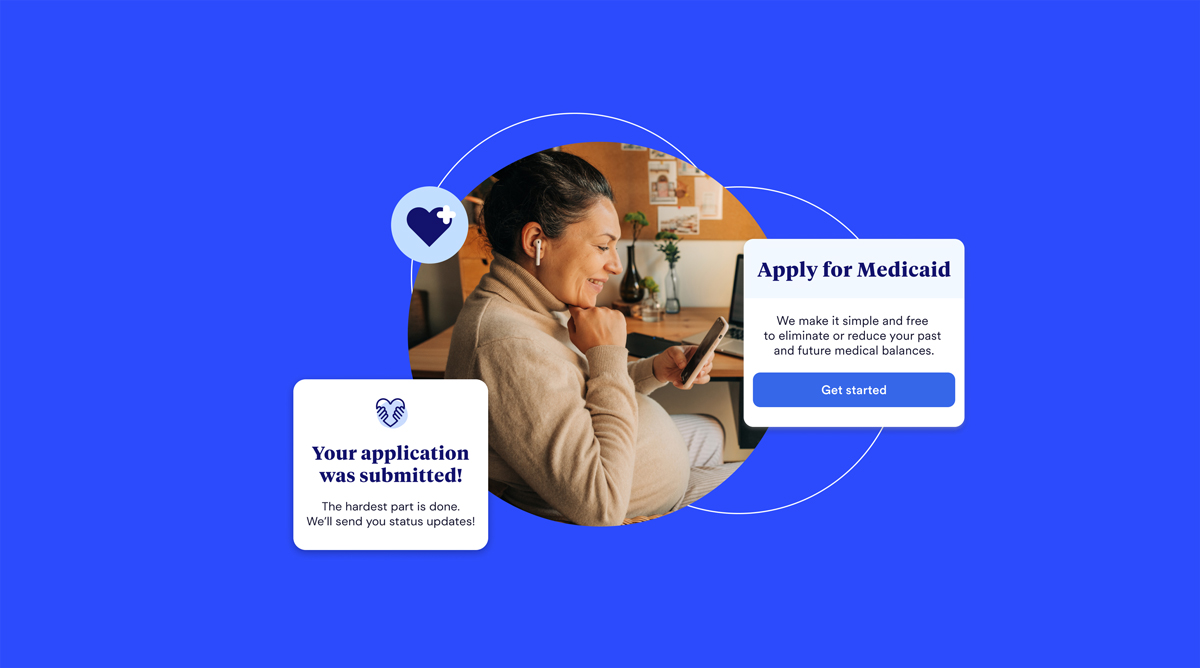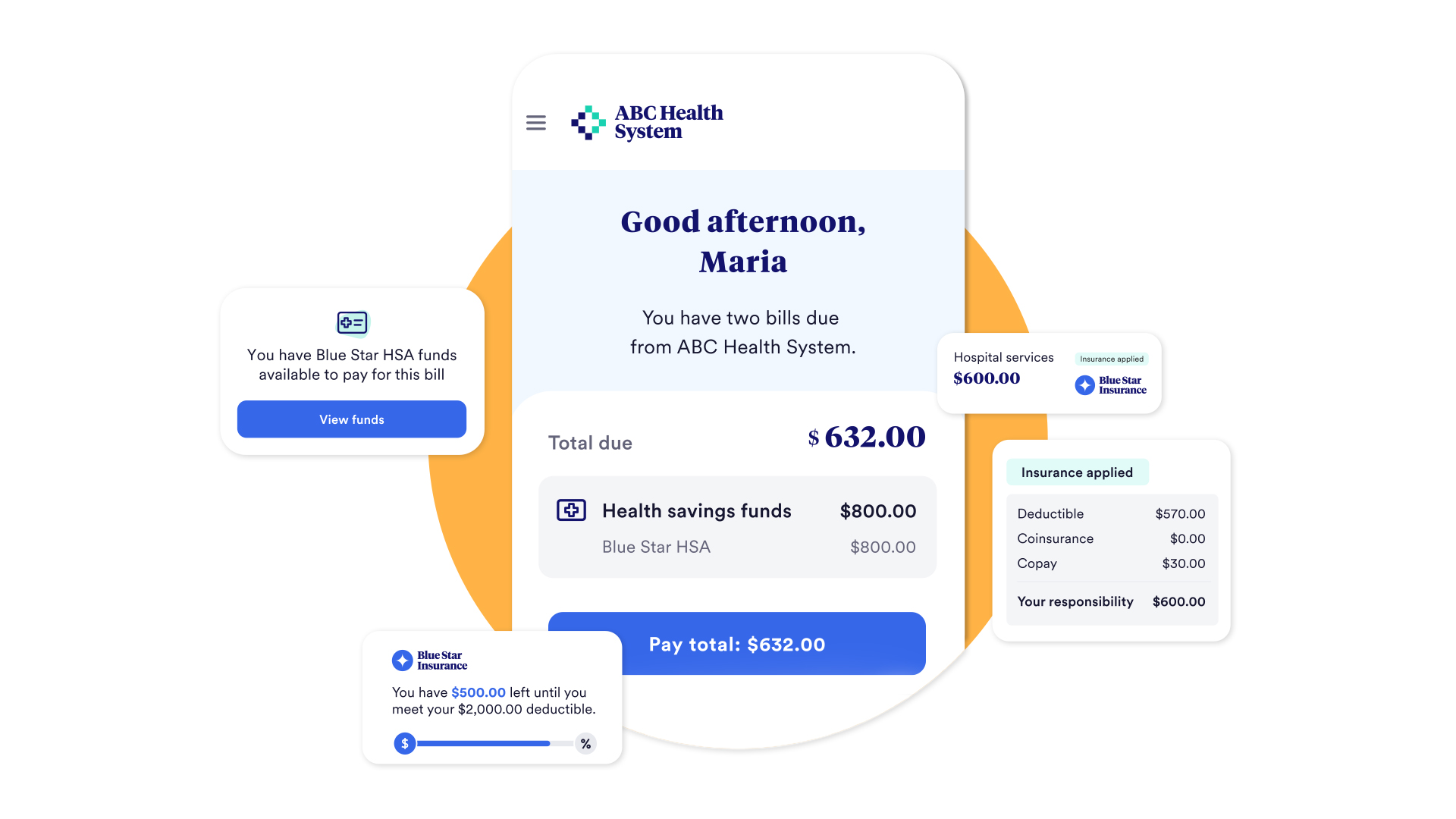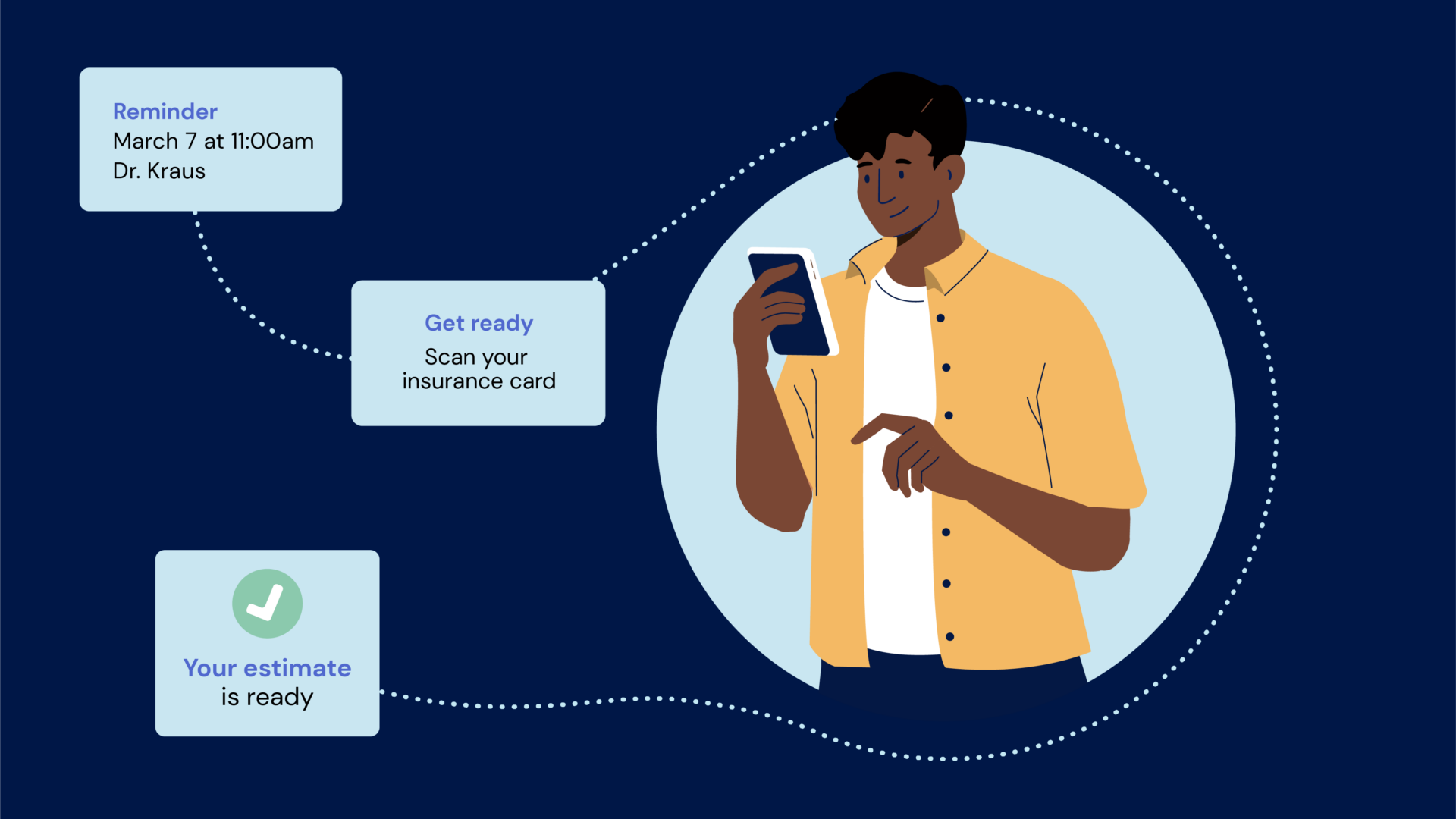The financial experience in U.S. healthcare consistently ranks as one of the worst ordeals that consumers still endure in modern society. A perfectly executed clinical visit can take a very frustrating and costly turn for a healthcare consumer once the billing and insurance paperwork starts to flood her mailbox. In a moment when consumers are healing from care and need simplicity and clarity, we give them anything but that today: byzantine payment processes, irreconcilable communications and arcane language that even experts cannot decipher.
If the healthcare financial experience for consumers was broken in just one way, it stands to reason that a fix could have (and would have) been found by now. However, the financial and administrative experience fails consumers in multiple ways; billing is not just a provider or a payer problem but a system problem, as providers and payers both play a major role. Healthcare providers deliver care and send a bill for those services, but payers determine coverage and set the cost share for that care. Both interact with a healthcare consumer in a disaggregated and incongruent way around the same clinical visit, fueling mass dissatisfaction and distrust, while healthcare costs and out of pocket obligations continue to skyrocket.
The result: confusion, missed payments, administrative waste, and ultimately, serious financial and even outcome-related ramifications. Eighty four percent of U.S. adults are worried about paying their medical bills in the next year, and one in 10 consumers simply won’t pay their bill if they don’t understand the administrative process. Simply put, consumers are fed up.
This challenge requires a system solution
Incremental change just won’t cut it. A system problem requires a system solution. To revolutionize the financial experience in healthcare, a point solution focused on just payers or just providers alone misses the mark. It’s only when payers and providers take an aligned approach, working together to prioritize the best interests of the consumer, do we all get an exceptional and affordable financial experience.
This is what Cedar’s intended acquisition of OODA Health catalyzes. To date, Cedar and OODA Health approached the billing problem from two different vantage points—Cedar worked through providers, and OODA Health through payers—and each company successfully introduced change and real impact within the industry.
But now, by bringing together our parts—our teams, our product roadmaps, our clients, our passions — the whole of our combined organizations is truly greater than the sum.
Two come together, forming a category of one
Beyond the complementary solutions and go-to-market approach OODA Health contributes to Cedar’s growth, our two organizations bring together unique capabilities across team structure and geographic office footprint, as our combined company will have both a strong east coast (New York City) and west coast (San Francisco and Salt Lake City) presence. Most importantly, the foundational themes that are critical to long-term success are incredibly aligned: we have built remarkably similar cultures, with shared values and mission-focused teams.
In many ways, the cultural alignment is what excites us most. We are proud of the communities we have built at Cedar and OODA Health. The value of “rowing together” is clear now more than ever, as the last year has revealed just how powerful it is to work among colleagues who are curious, connected and compassionate. We have seen office relationships transcend a physical workplace to inspire and enrich our daily work. Too often, acquisitions are reduced to the business synergy. But we know that the true magic here is unleashing the power of this team in the market. A category of one built by a culture of one.
Finally, let’s really put consumers first
Both Cedar and OODA Health have always been forward-thinking when it comes to putting healthcare consumers first. Combining forces will generate new opportunities to improve the experience for consumers, payers and providers, as we all navigate an increasingly complicated healthcare system.
It is thrilling to announce this deal because we believe the value our integrated organizations will bring to consumers and the overall healthcare industry is paradigm-shifting. Cedar’s mission is to empower us all to easily and affordably pursue the care we need. We’ll do this by co-creating the future with both providers and payers—offering a system solution to overcome the system problems we face.

Florian Otto is Co-founder and CEO of Cedar. Prior to founding Cedar, Florian was an executive at Zocdoc where he drove the commercial adoption of the platform by health systems. Previously, Florian founded a daily deal company in Brazil (ClubeUrbano) that was sold to Groupon. Florian holds an M.D., D.D.S. and Ph.D. from the University of Freiburg, Germany.

Seth Cohen is President of Cedar, joining the company from his role as co-founder and co-CEO at OODA Health. Prior to co-founding OODA Health, Seth served as the Vice President of Sales and Alliances for Castlight Health (NYSE: CSLT) and is currently a member of Castlight’s board of directors. Seth was also previously a management consultant at McKinsey & Company. He earned an MBA from Harvard Business School and an MPA from Harvard Kennedy School after completing his undergraduate studies at Stanford University.



